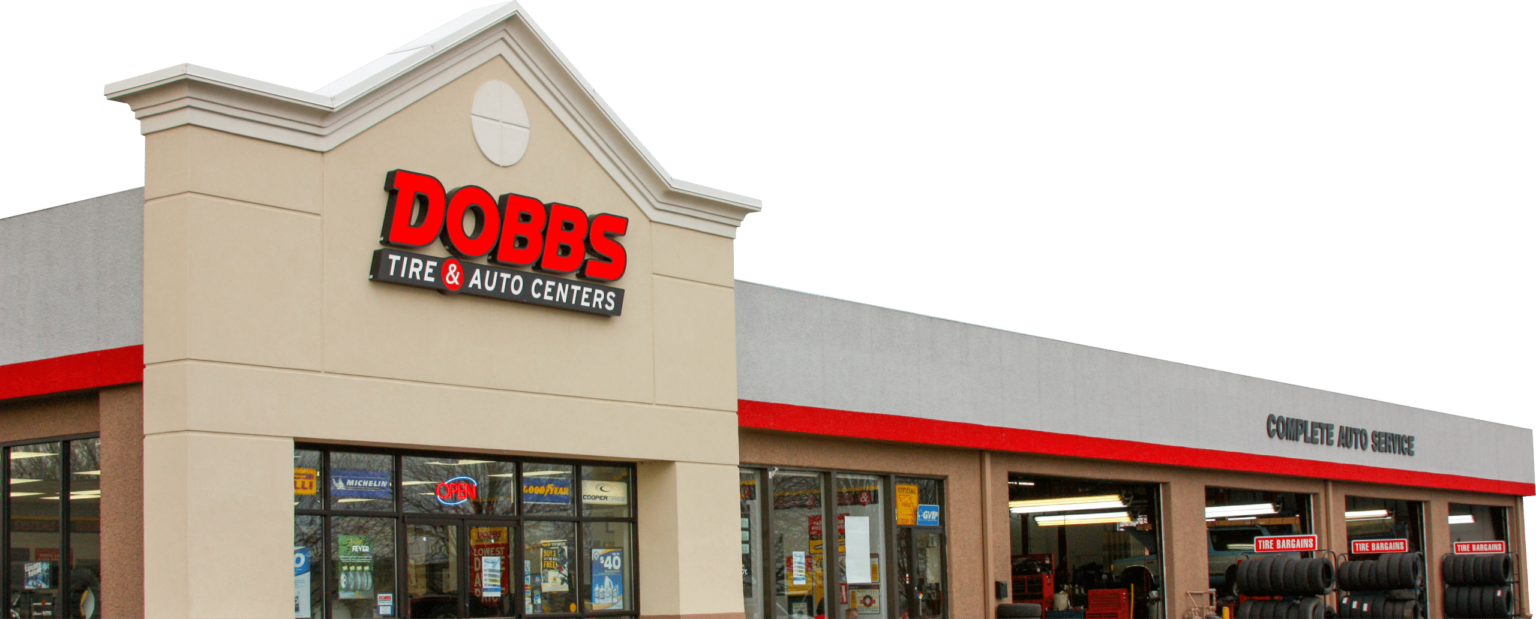Engine Struggling In The Cold? Here Are Three Potential Fixes

Winter is coming quickly, and with even colder weather right around the corner, winter is about to take a serious toll on your vehicle. If you have noticed your engine beginning to struggle as the temperature drops, you need to get ahead of it now before the real cold sets in.
We have all heard the nightmare scenarios of people getting stuck on the side of the road in the winter with a car that just won’t start and the cold beginning to creep in. Get ahead of all of these potential cold weather issues this year by bringing your vehicle into one of your local Dobbs Tire & Auto Centers today! Our team of expert and certified service technicians will make sure that you get all of the services you need in one quick trip without breaking your budget. Here are three potential reasons your engine might be struggling to turn over in the cold.
Faulty Battery
The most common cold-weather issue that many car owners experience is a faulty or dying battery. Your vehicle’s battery supplies your car with the power that it needs to start up and run all of its electrical systems. As you drive, you charge up your battery. Your battery is taxed during the winter weather, as you are most likely using your headlights more in the darker weather, using your heater more, and using all of your electrical systems to a greater degree. Not only are you taxing your battery more in the cold, but also the lower temperatures make it harder for your battery to hold a charge. According to AAA, when temperatures reach 32°F your battery loses 30% of its ability to hold a charge. This gets even worse as temperatures dip, with your battery losing up to 60% of its charge when temperatures drop below 0°F. If you are noticing any dimming of your headlights or if your car is struggling to start up in the cold, you should have your battery tested right away.
Freezing Fuel Lines
Freezing fuel lines are far less common than battery issues, but they can cause some serious damage. If you allow your fuel level to get low in freezing temperatures, condensation can form in your fuel tank and freeze, blocking up your fuel lines. This blockage will prevent fuel from getting to your engine, which will cause your engine to seize up and stop entirely. Though uncommon, this can even happen while you are driving your vehicle, causing you to suddenly lose power. Make sure that you fill your gas tank up when you get to a half tank in the cold to prevent this from happening.
Alternator Belts
Alternator belts and other crucial components of your car like your tires and your wiper blades are made of plastic. When plastic gets cold, it can become brittle and begin to form cracks or even snap entirely. If your alternator fails, it will not be able to bring power from your engine back to the battery, which will stop your vehicle from starting.
If you have noticed any difficulty starting your vehicle in the cold or just want to get prepared for winter weather, come into one of your local Dobbs Tire & Auto Centers today. Our expert staff will quickly take care of all your automotive needs and get you back out on the road ASAP.
